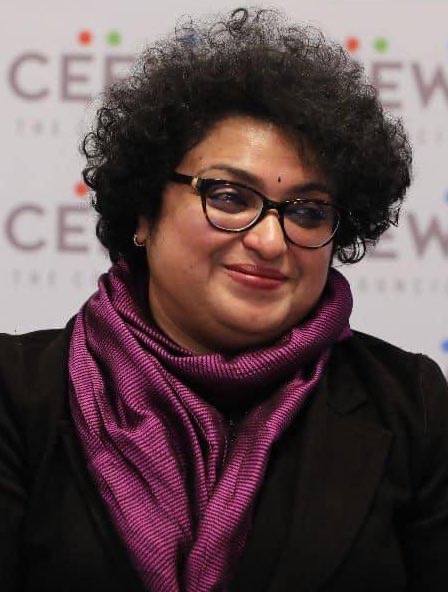Contributors
More »- 1
- 2
- 3
- 4
- 5
- 6
- 7
- 8
- 9
- 10
- 11
- 12
- 13
- 14
- 15
- 16
- 17
- 18
- 19
- 20
- 21
- 22
- 23
- 24
- 25
- 26
- 27
- 28
- 29
- 30
- 31
- 32
- 33
- 34
- 35
- 36
- 37
- 38
- 39
- 40
- 41
- 42
- 43
- 44
- 45
- 46
- 47
- 48
- 49
- 50
- 51
- 52
- 53
- 54
- 55
- 56

The book titled “Indian Fiscal Federalism” co-authored by Y V Reddy and G R Reddy is written from a “practioner’s perspective”. The simplicity of this book is appealing, especially when the content of the book is about a very complex set of rules and games between the Centre and …
The Political Economy of Justice
05/04/2019
The second theorem of welfare economics posits that any desired income distribution can be achieved when an economy is at full potential by taxing those who earn more than society wishes and transferring these to those who earn less. I have previously argued that universal basic income proposals essentially …
The coordination of fiscal and monetary policy is a difficult challenge for all economies. Coordinating fiscal and monetary policy involves specifying an analytical framework that is shared by the institutions responsible for these policies, namely, the government and the central bank. Without such a framework there is dissonance about …
A tale of two disenchantments
05/04/2019
Twenty five years ago, I argued in my doctoral thesis that fiscal policy could be used to map changes in state objectives. In essence that is what I am doing in this column. I contend that the Indian State, at both the central and state levels, is transitioning from …

(Coauthored with Namita Jain)
Fewer women working is a big problem but if DeMo is cited as the reason for this, how do you explain an equally sharp fall in FLFPR over long periods in the past?
The media attention has been …
